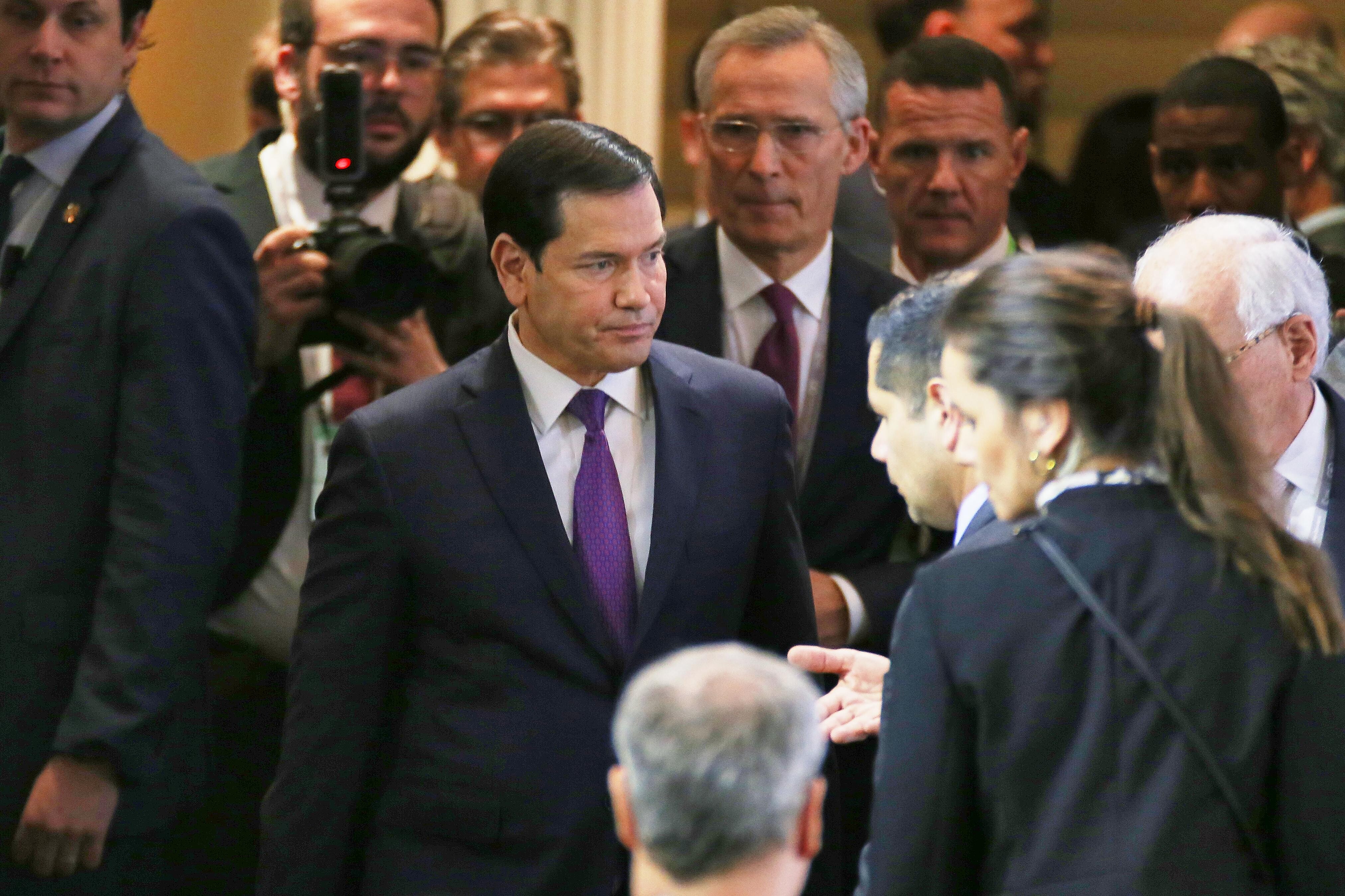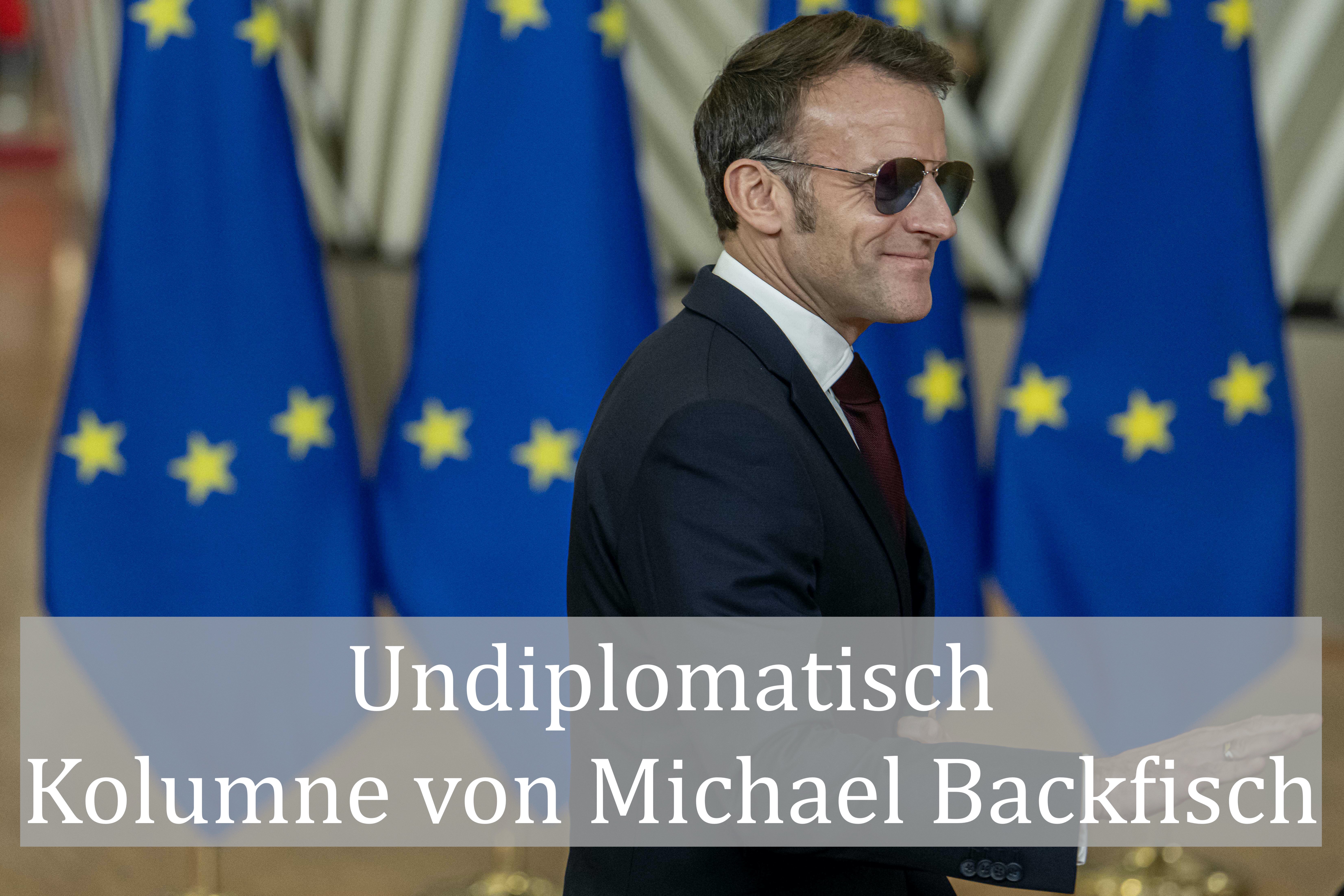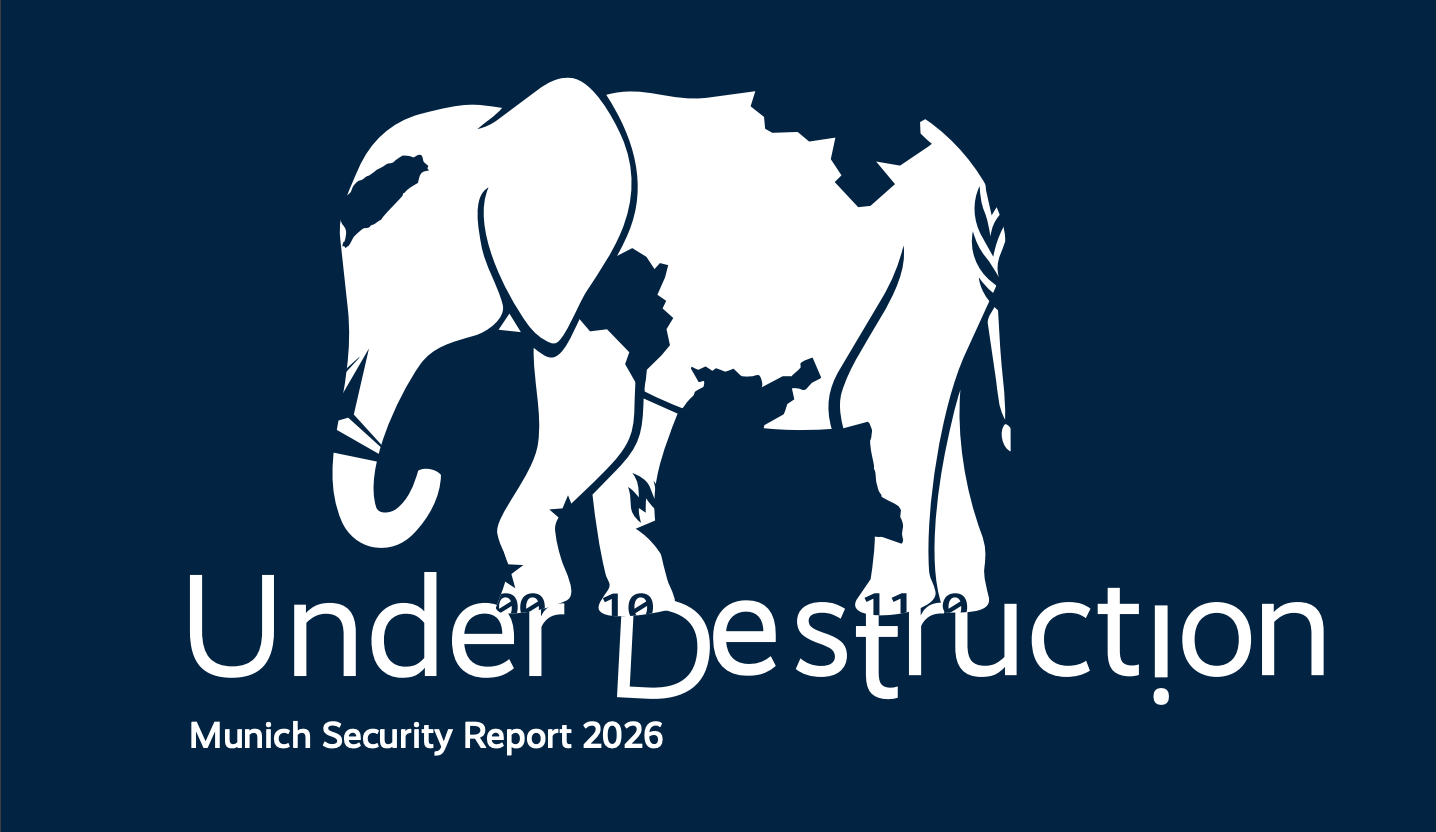diplo.news
Austrian Chancellor in Berlin: “It's good that our warnings are being taken seriously”

Late and rainy, but in agreement on practically all points: His very first bilateral visit abroad took Austrian Chancellor Christian Stocker (ÖVP) to the German Federal Chancellery on Friday to meet his counterpart Friedrich Merz (CDU). Coming from Brussels from the European Council, he arrived 18 minutes late, but he was extremely satisfied with the course of the conversation. There was agreement on all key political issues. That was not always the case with former heads of government.
Common line on migration
The focus was on illegal migration. Both chancellors emphasized the successful cooperation on border controls between Germany and Austria. “It's good that our warnings are being taken seriously and that we have found a partner who shares the same view,” Stocker explained to journalists. Merz added that the coordinated measures had significantly reduced irregular migration and smuggling crime.
Stocker made it clear that Austria and Germany are “working in the same direction” when it comes to this challenge — a common border also means joint responsibility. The Federal Chancellor also praised the progress made in border protection, but referred to the continuing need for controls, as Schengen still “does not offer robust external border protection.” The fact that there is still huge progress “is due to pressure from Austria,” said Stocker.
Situation in Gaza “unacceptable”
Both heads of government also signaled agreement on geopolitical issues. They welcomed the recent ceasefire between Israel and Iran as an opportunity for diplomatic solutions. Stocker made an “urgent appeal” to finally allow more humanitarian aid for the Gaza Strip. The release of the Israeli hostages is overdue and Hamas should no longer play a role, “but the current situation is unacceptable.”
Stocker denied the question of whether there were nuanced differences in the two governments' attitude towards the Israeli government. “Germany and Austria have historic responsibilities towards Israel. Like the Germans, we are friends partners and supporters of Israel.”
At the same time, however, you have to say that, especially as friends and partners, you have to influence a country when there are conditions that are unacceptable. Stocker emphasized that he knew very well what was done to the Jews on October 7, 2023. He had also received information that Hamas was taking supplies of aid from the civilian population, even by force and in the course of house searches.
“Israel should not make things harder for its supporters”
The situation would not necessarily improve by suspending the Association Agreement between the EU and Israel. All channels must be used to hold talks.
“But especially as a friend of Israel, I have to say that Israel shouldn't make things harder for its supporters than it needs to be. The civilian population in Gaza must not have to pay the price for Hamas.
Standing shoulder to shoulder with Ukraine
Both chancellors also supported further sanctions against Russia and reaffirmed their solidarity with Ukraine. Peace negotiations were desirable, but there is currently no willingness on the part of Russia to negotiate.
The increase in spending on NATO is not a favor to US President Donald Trump, stressed Merz, but is based on personal knowledge of necessity. With the decisions made, you adapt to the current threat situation.
Respect for Austria's neutrality
Despite Austria's military restraint, Merz was impressed by Vienna's security policy efforts. He showed “utmost respect” for how Austria deals with its neutrality and what it is doing within its means. Stocker rejected a journalist's impression that Austria was a free rider. Austria is doubling its spending on national defense. In any case, it is important that the command structure remains domestic. The guest from Austria referred to participation in joint armaments projects, insofar as this was compatible with neutrality — such as the “Skyshield” defense system.
Vienna offered as a place of negotiation
Stocker also used his visit to Berlin to bring Vienna into play as a possible negotiating venue for international parties to the conflict — for example in the Middle East or Ukraine war. The city has a long diplomatic tradition and is home to more than 50 international organizations.
Not only after the midday four-eye discussion between the two heads of government, but also during all the Chancellor's other talks in Berlin, there was no nuance of difference between the two neighboring countries on any topic. Stocker reported “great agreement on the point of view.”
This is hardly surprising: Both heads of government belong to conservative parties, both are new in office and both have the same problems and the same approaches to solutions.
The visit to Berlin was Stocker's first official appearance abroad since taking office almost four months ago. Further bilateral meetings are planned, including a visit to Rome in mid-July. Stocker invited Merz to make a return visit to Vienna — but a specific date is still pending.
Eko




